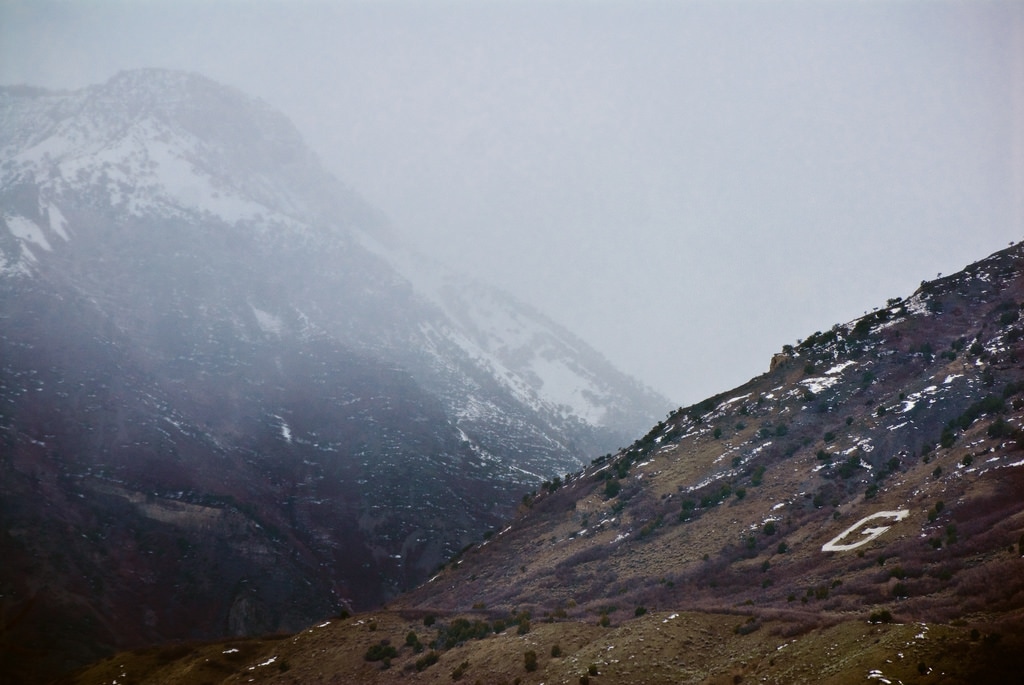| If Utah lawmakers are creative enough in the session that begins Monday, they might be able to tackle two vexing problems at once — education funding and air pollution. The only downside is that you, the taxpayer, would have to pay a bit more of your hard-earned money to the state; but let’s face it, just about every reliable political barometer is pointing in that direction anyway, so why not make your money work as effectively as possible? |
| | The idea is to apply variable tolls to major roadways, but with a twist. OK, I know you’re angry now, but hear me out. Barring some unforeseen crisis or development, education funding is going to be the No. 1 issue this legislative session. A lot of lawmakers feel as if they have a gun to their heads, thanks to a threatened initiative to increase the income tax by a whopping 17.5 percent to help schools. A common refrain on Utah’s Capitol Hill is that lawmakers may be persuaded to increase education funding, but that the income tax isn’t the way to do it. In a meeting Tuesday with the combined editorial boards of the Deseret News and KSL, Senate President Wayne Niederhauser made the case that an income tax hike would hurt economic development. He said other states — Illinois, Kansas, North Carolina, for instance — are talking about reducing theirs, while yet others, including Utah’s neighbors Nevada and Wyoming, have no income tax at all. How can Utah compete for business by raising its income tax? In addition, the income tax is a tax on productivity. “You tax something more you get less of it,” he said. Instead, he listed a bunch of alternative ways to raise money for education. Among them is another hike in the gas tax, something I’ve heard from more than one lawmaker, on both sides of the aisle, in recent days. Utahns, Niederhauser said, subsidize roads through the general fund, and that leads to a false impression. “People don’t experience the actual cost of driving on the roads on the user-fee, gas-tax basis,” he said. “When you’re subsidizing something like that, you incentivize more use.” He’s hit on something there, and it could have a profound effect on the No. 1 contributor to air pollution along the Wasatch Front — the automobile. If we had to pay a gas tax that actually reflected the cost of building and maintaining roads, we would drive less. Great idea, but it needs tweaking. Merely raising the gas tax would be an incomplete and inefficient way to prod people into making better driving decisions. Why not instead carry the idea a step further and slap tolls on certain well-traveled roads and freeways, and have the amount charged vary according to traffic conditions? Drivers could avoid the tolls completely by having three or more people in their vehicles (or by taking other routes). Lawmakers could apply this extra money toward education, all while giving drivers a good reason to plan trips during the least-congested times or to carpool, thus reducing pollution. Ironically, Niederhauser met with us about the same time the co-founders of the ride-share company Lyft were floating this variable toll, or congestion pricing, idea in an op-ed for Medium.com. Americans, they wrote, spend on average 3,000 hours of their lives in traffic — time that could be used more wisely. The Texas A&M Transportation Institute estimates this translates into $160 billion in lost productivity per year, or $960 per person. The state already designates a lane of Utah freeways to carpools or people who pay variable tolls. The Lyft founders suggest doing the opposite. Toll all lanes except one, which would become a “smart lane,” or a place for people to travel freely with three or more people onboard. Yes, this would cost many drivers more, but how many taxes give you the option to skip paying completely through proper planning? The question for the upcoming legislative session seems to be less about whether to raise money for additional education spending than about how to do it. In that case, a solution that stimulates the economy, makes the air cleaner and helps schools all at once ought to at least be on the table. |


 RSS Feed
RSS Feed

